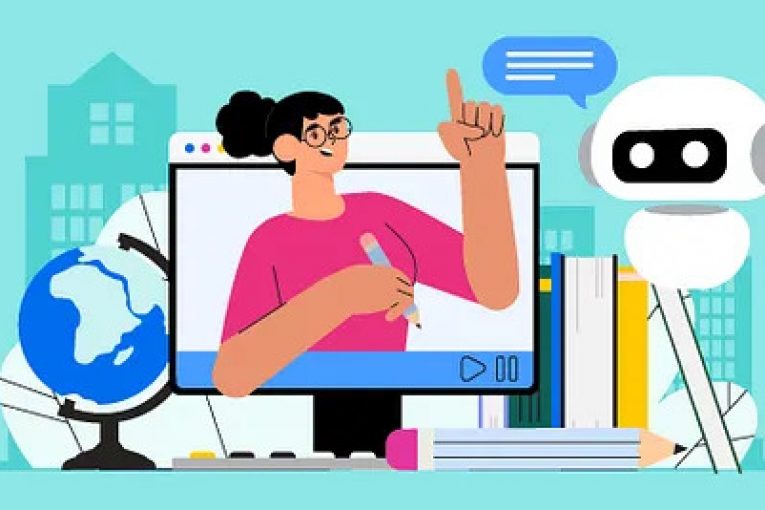

By Michelle Lin
LOS ANGELES — The humanities are often viewed as antiquated, requiring minimal or no technological devices to teach or interact with these studies. Yet in the age of technology, skills and resources like essay writing are at a student’s fingertips.
Recently, ChatGPT, a Chatbot released by OpenAI in November, has been discussed in academic institutions. While earlier chatbots were able to mimic some human conversation skills, ChatGPT is much more advanced in creating different types of texts, from television episodes, music, code -and concerningly for teachers of humanities- essays.
Universities have strict codes against plagiarism and use anti-plagiarism software such as Turnitin. The UCLA Student Conduct Code, for example, says, “Plagiarism includes, but is not limited to, the use of another person’s work (including words, ideas, designs, or data) without giving appropriate attribution or citation.”
Under this definition of plagiarism, ChatGPT is not plagiarism. Software like Turnitin is also unable to detect Chatbot usage as plagiarism. According to Kalley Huang of the New York Times, universities have updated definitions of plagiarism to include AI, or changed their teaching methods without intruding on academic freedom.
Universities and other learning institutions should accept AI and Chatbots as part of the learning process and bring in new types of teaching and assessment — particularly in the humanities, where courses are traditionally based around essays. While digital humanities proves that technology and the humanities can and have coexisted for years, other branches of humanities should take advantage of what makes humanities valuable and distinct.
While there is no question that ChatGPT and AI have changed writing, there are aspects of humanities that AI cannot mimic: creativity, morality and ethos.
Huang adds that professors have raised the importance of creativity in assessing papers, and others have used more unknown texts to trick ChatGPT. Creative papers allow students to express themselves and bring aspects of their personality and identity, things that no machine can truly replicate. Professors can also be more creative in their reading lists, exposing students to work outside the Eurocentric canon universities have long depended on.
The humanities often emphasizes its ability to critically understand current global issues through writing. Today’s social justice movements across the world push humanities students to examine words with more care than ever before.
Rebecca Heilweil from Vox explains the limitations of ChatGPT, saying, “While the system is theoretically designed not to cross some moral red lines – it’s adamant that Hitler was bad- it’s not difficult to trick the AI into sharing advice on how to engage in all sorts of evil and nefarious activities… The system, like other AI models, can also say biased and offensive things.”
AI dominates scientific and philosophical discussions, but its usage in writing can also allow humanities professors and students to discuss other repercussions or benefits of text generated by chatbots.
For example, journalism is a branch of writing that potentially could be replaced by AI and chatbots. However, Edward Tian, creator of GPTZero, an app that uses AI to detect the usage of ChatGPT, said, “Humans deserve to know when something is written by a human or written by a machine.” Journalism is based on trust and integrity between humans, which would not exist between a human and machine.
The rise of chatbots and AI should challenge professors and academics to revise traditional forms of assessment and teaching, but also remember what distinguishes humanity from a machine.